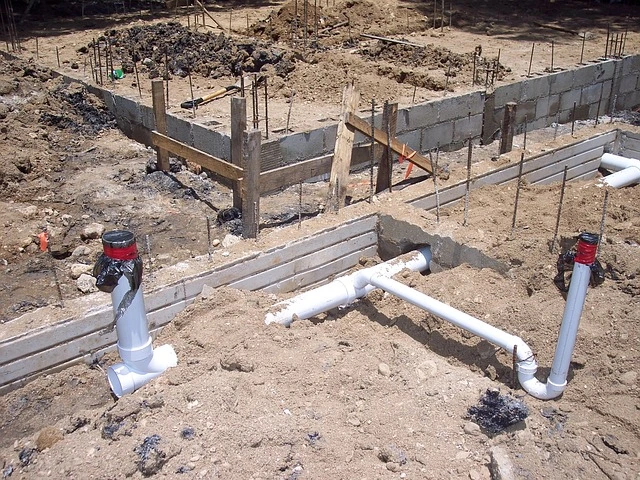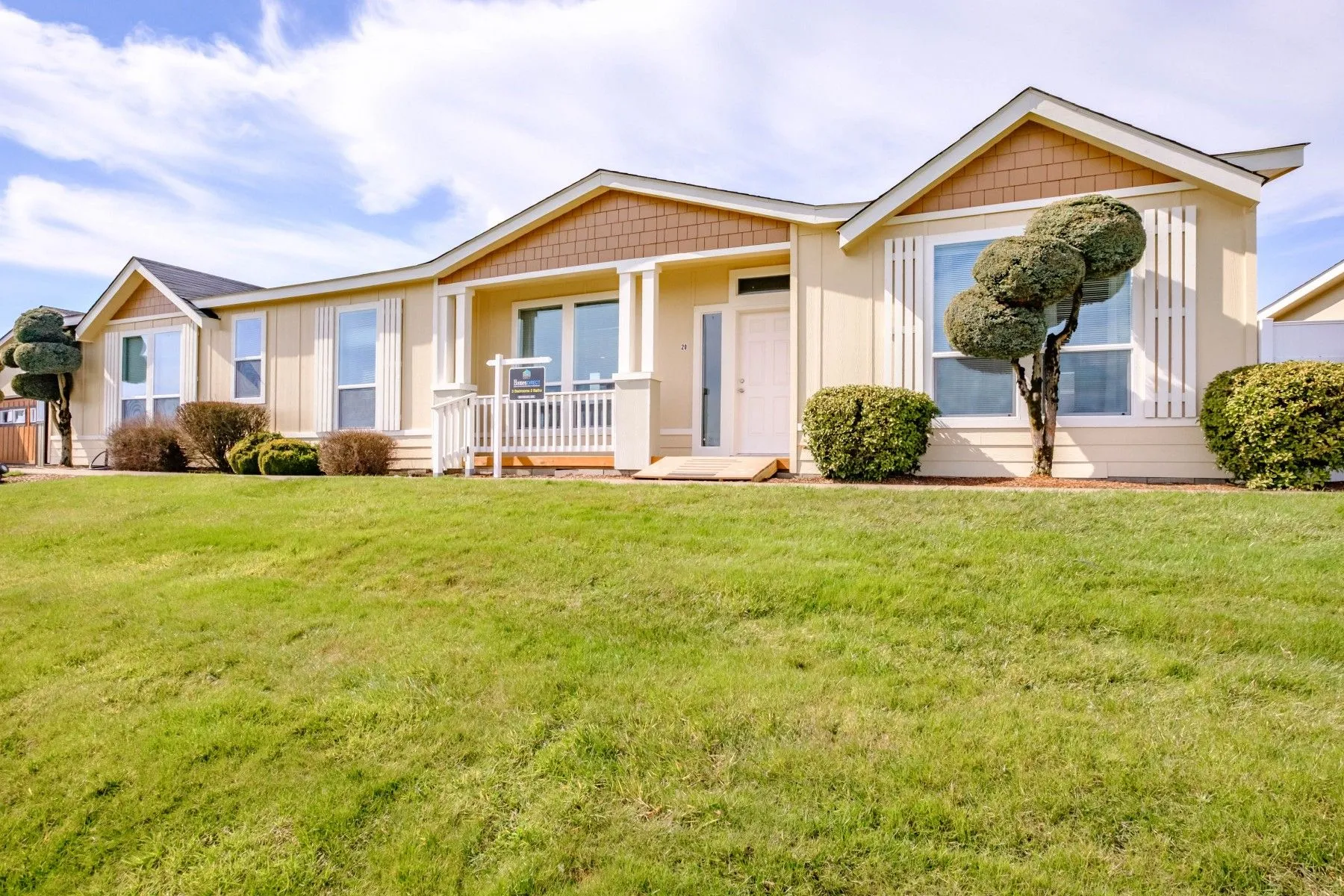Mobile homes, often considered an affordable and flexible housing option, have evolved significantly over the years. Despite their popularity, one common question persists: How long do mobile homes last? Understanding the lifespan of a mobile home involves considering various factors, from construction quality to maintenance practices.
This article dives into these aspects, providing a comprehensive guide to help you make informed decisions about mobile home ownership.

Factors Influencing the Lifespan of Mobile Homes
1. Construction Quality
The quality of materials and craftsmanship used in the construction of a mobile home is paramount. Homes built after 1976, when the U.S. Department of Housing and Urban Development (HUD) implemented the Manufactured Home Construction and Safety Standards, generally have better construction standards. These regulations ensure that homes are built to withstand various environmental conditions, significantly enhancing their durability.
Learn more: Mobile Home Construction Process Overview
2. Foundation and Installation
Proper installation and a stable foundation are critical for the longevity of a mobile home. Homes placed on a solid, permanent foundation tend to last longer than those on temporary setups. Ensuring that the home is level and well-anchored can prevent structural issues and damage caused by shifting or settling.

Learn more: Home Foundation Inspection
3. Maintenance Practices
Regular maintenance is essential for extending the lifespan of a mobile home. Routine inspections, timely repairs, and preventive measures can significantly reduce wear and tear. Key areas to focus on include the roof, plumbing, electrical systems, and exterior siding. Proper maintenance can prevent minor issues from escalating into major problems.
4. Environmental Factors
The location of a mobile home plays a crucial role in its longevity. Homes in regions with extreme weather conditions, such as hurricanes, heavy snowfall, or intense heat, may experience more wear and tear. Investing in weather-resistant materials and taking additional protective measures can help mitigate environmental impacts.
| Environmental Factor | Effects | Protective Measures |
|
Hurricanes |
Risk of severe damage from high winds and flooding. |
Invest in weather-resistant materials and secure anchoring. |
|
Heavy Snowfall |
Accumulated snow adds significant weight, stressing the structure. |
Regular snow removal, and reinforced roofing. |
|
Intense Heat |
Prolonged exposure causes materials to expand and contract, leading to wear and tear. |
Use heat-resistant materials and regular maintenance. |
|
Moisture and Humidity |
High humidity can cause moisture buildup, leading to mold, mildew, and wood rot. |
Proper ventilation, moisture barriers, and dehumidifiers. |
|
UV Exposure |
Continuous UV exposure degrades materials like roofing, siding, and paint. |
Use UV-resistant materials, regular repainting, and maintenance. |
|
Soil Stability |
Unstable or shifting soil affects the foundation, causing settling and structural issues. |
Ensure a solid, stable foundation, and regular inspections. |
Average Lifespan of a Mobile Home
On average, a well-maintained mobile home can last anywhere from 30 to 55 years or more. Homes built with high-quality materials and placed on permanent foundations have the potential to exceed this range. Conversely, poorly maintained homes or those exposed to harsh environmental conditions may have shorter lifespans.
Tips to Extend the Lifespan of Your Mobile Home
Extending the lifespan of your mobile home requires regular maintenance and attention to detail. By following these tips, you can ensure that your mobile home remains in excellent condition for many years.
1. Regular inspections
Conducting thorough inspections of your mobile home at least once a year is crucial. During these inspections, focus on key areas such as the roof, foundation, plumbing, and electrical systems. Look for signs of wear and tear, damage, or potential issues that need immediate attention. Regular inspections can help you identify and address problems before they become more significant and costly.
2. Roof maintenance
The roof is one of the most vulnerable parts of a mobile home, especially in areas with harsh weather conditions. Regularly check for leaks, missing or damaged shingles, and other signs of wear. Apply sealant as needed to prevent water damage. It's also a good idea to clean gutters and downspouts regularly to ensure proper drainage and prevent water buildup on the roof.
3. Foundation care
A stable and level foundation is essential for the longevity of your mobile home. Over time, the ground beneath your home can shift, causing the foundation to settle unevenly. Regularly check the level of your home and address any signs of shifting or settling immediately. Installing skirting around the base of your home can help protect the foundation from moisture and pests.
4. Plumbing and electrical upkeep
Plumbing and electrical systems require regular maintenance to function correctly. Inspect pipes for leaks, corrosion, and other damage. Ensure that all electrical outlets, switches, and appliances are in good working order. Replace worn-out components and make necessary repairs to prevent more significant issues down the line.
5. Exterior protection
The exterior of your mobile home protects it from the elements, so it's essential to keep it in good condition. Regularly clean and inspect the siding, windows, and doors. Repair any cracks, holes, or damage to prevent moisture from entering your home. Repaint the exterior as needed to maintain its protective barrier against weather and pests.
6. Climate adaptation
If your mobile home is located in an area with extreme weather conditions, take additional steps to protect it. Invest in weather-resistant materials for the roof and siding. Install storm windows and doors to provide extra protection against high winds and heavy rain. Consider adding insulation to keep your home comfortable and energy-efficient throughout the year.
7. Regular HVAC Maintenance
Your heating, ventilation, and air conditioning (HVAC) system plays a crucial role in maintaining a comfortable living environment. Schedule regular maintenance checks for your HVAC system to ensure it operates efficiently. Change filters regularly, clean ducts, and inspect the system for any signs of wear or damage. Proper HVAC maintenance can prevent costly repairs and extend the life of your system.
8. Moisture Control
Moisture is one of the biggest threats to the longevity of a mobile home. Excess moisture can lead to mold growth, wood rot, and structural damage. Use dehumidifiers to control indoor humidity levels, especially in areas prone to dampness. Ensure that your home is well-ventilated to prevent moisture buildup. Repair any leaks or water damage immediately to prevent further issues.
9. Pest Prevention
Pests can cause significant damage to a mobile home. Regularly inspect your home for signs of pests such as termites, ants, and rodents. Seal any gaps or cracks in the exterior to prevent pests from entering. Keep the area around your home clean and free of debris to reduce the likelihood of infestations. If you notice any signs of pests, contact a professional exterminator promptly.
10. Proper landscaping
Landscaping around your mobile home can also impact its lifespan. Ensure that trees, shrubs, and other vegetation are planted at a safe distance from your home. Roots can cause damage to the foundation, and overhanging branches can pose a risk to the roof during storms. Regularly trim and maintain your landscaping to prevent these issues.

Conclusion
Understanding the factors that influence the lifespan of a mobile home is essential for homeowners and prospective buyers. With proper construction, installation, and diligent maintenance, mobile homes can offer a durable and cost-effective housing solution for many years. By following the tips outlined in this article, you can ensure your mobile home remains a comfortable and reliable place to live.
Mobile homes have evolved significantly, offering increased durability and longevity. By being proactive in their care, you can maximize their lifespan and enjoy the benefits of this flexible housing option for decades.
Frequently asked questions
1. How often should I inspect my mobile home?
It's recommended to conduct a thorough inspection at least once a year. However, after severe weather events, additional inspections may be necessary.
2. Can I move my mobile home to extend its lifespan?
Moving a mobile home can be challenging and may cause structural damage. If relocation is necessary, ensure it is done by professionals and that the new foundation is stable.
3. What are common signs that my mobile home needs repairs?
Common signs include leaks, cracks in the walls or foundation, uneven floors, and malfunctioning plumbing or electrical systems. Address these issues promptly to prevent further damage.
4. Are older mobile homes worth renovating?
Renovating older mobile homes can be worthwhile if the structure is sound. Assess the costs and benefits, and consider consulting with a professional before proceeding with extensive renovations.
By understanding and addressing the factors that influence the lifespan of a mobile home, you can ensure that your investment remains a valuable and lasting asset.


